British Virgin Islands Urges UK and Former Colonial Powers to Support Self-Determination of Overseas Territories
The British Virgin Islands (BVI) has renewed its call for the decolonization of the 17 remaining Non-Self-Governing Territories (NSGTs) under the purview of the United Nations (UN) Special Committee on Decolonization (C-24). BVI Special Envoy, Benito Wheatley, addressed the UN Pacific regional seminar on decolonization in Dili, Timor-Leste, urging Administering Powers to prioritize the self-determination of these territories above their own national interests. He emphasized the complexities of the decolonization process, acknowledging the inherent tension between national interests and the pursuit of self-government for the territories. Wheatley stressed the need for ongoing dialogue and unwavering commitment to achieving decolonization, despite the political hurdles. He further advocated for increased practical support from the C-24, particularly through visiting missions to assess the progress of decolonization in each territory.
Wheatley expressed gratitude for the C-24’s visiting mission to the BVI in 2024, which resulted in recommendations for full internal self-government and a timetable for independence. This visit underscored the importance of direct engagement and assessment in understanding the unique circumstances and aspirations of each territory. He highlighted the critical role of the UN system in supporting the self-determination of NSGTs, specifically calling for greater assistance from UN agencies in advancing sustainable development and climate resilience. Recognizing the particular vulnerabilities of Small Island Developing States (SIDS), Wheatley also advocated for increased access to UN resources.
The Special Envoy further proposed a concrete measure to enhance UN support for SIDS that are also NSGTs. He recommended that the C-24 adopt a draft resolution allowing UN agencies to utilize their regular programme budgets for these territories, especially those that are Associate Members of UN regional commissions like ECLAC and ESCAP. This proposal aims to provide greater financial resources and technical assistance to SIDS, enabling them to address their unique development challenges and build resilience against climate change impacts. This practical suggestion reflects the BVI’s commitment to not only its own decolonization process but also to supporting the self-determination efforts of other territories facing similar challenges.
In addressing the specific relationship between the BVI and the United Kingdom (UK), Wheatley called for the removal of the Order in Council, a legal instrument that allows the UK to suspend the BVI’s constitution and impose direct rule. He argued that the completion of the BVI’s governance reform programme in 2022 negates any justification for maintaining this “unnecessary, undemocratic and blunt colonial instrument.” This call reflects the BVI’s desire to move beyond the shadow of potential direct rule and exercise full autonomy in governing its own affairs. The removal of the Order in Council would be a significant step towards achieving genuine self-determination for the BVI.
The UN list of NSGTs includes 17 territories spread across the globe, each with its unique history, political context, and relationship with its Administering Power. These territories are: American Samoa, Anguilla, Bermuda, British Virgin Islands, Cayman Islands, Falkland Islands, French Polynesia, Gibraltar, Guam, Montserrat, New Caledonia, Pitcairn, Saint Helena, Tokelau, Turks and Caicos Islands, United States Virgin Islands, and Western Sahara. The ongoing work of the C-24 and the advocacy of figures like Wheatley are crucial in ensuring that the international community remains focused on the decolonization process and supporting the right of these territories to self-determination.
The UN Pacific regional seminar on decolonization served as a vital platform for discussing the challenges and opportunities related to decolonization in the Pacific region and beyond. It provided a space for representatives from NSGTs, Administering Powers, and other stakeholders to engage in constructive dialogue and share best practices. The seminar, hosted by Timor-Leste, a nation that has itself navigated the path to independence, offered a powerful reminder of the transformative potential of self-determination. The participation of the BVI Special Envoy underscores the territory’s active role in advocating for decolonization within the UN framework and promoting the right of all peoples to determine their own political future.
Share this content:




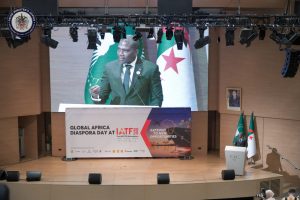
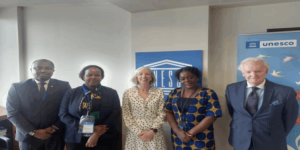
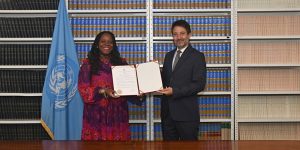
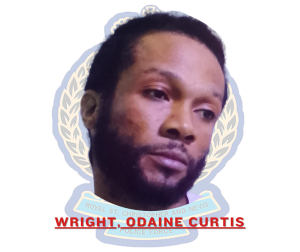
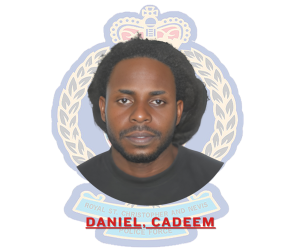
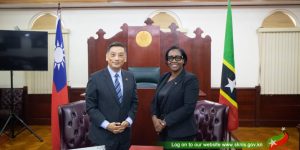
Post Comment